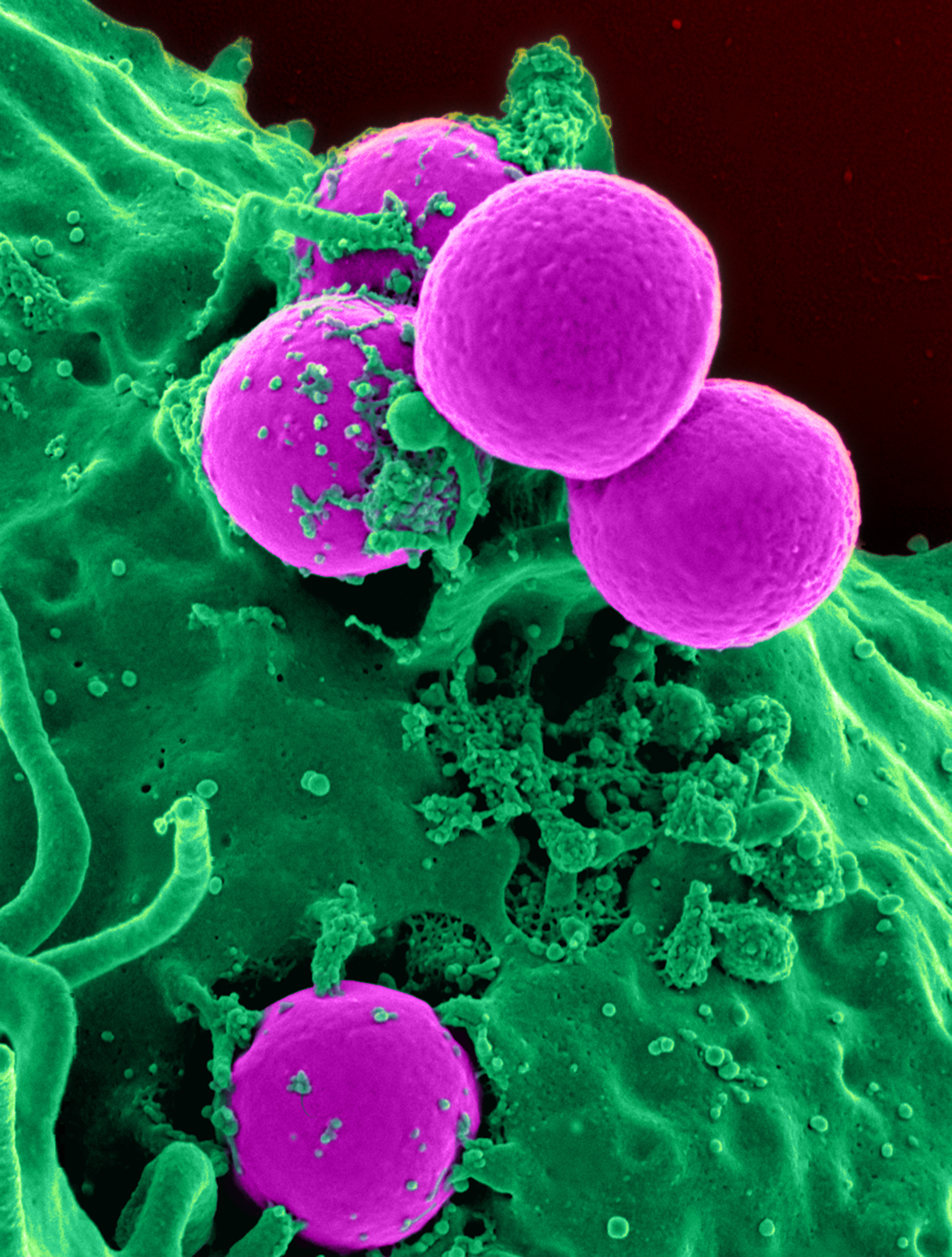|
Hillingdon Hospital
Hillingdon Hospital is an NHS hospital in Pield Heath Road, Hillingdon, Greater London. It is one of two hospitals run by the Hillingdon Hospitals NHS Foundation Trust, the other being Mount Vernon Hospital. History The hospitals has its origins in a workhouse infirmary built in 1838. A separate female infirmary was not added until 1907. The facility came under the management of Middlesex County Council in 1929 and the council started to develop the site in 1932. The works included replacing the wooden floors with concrete ones, the wooden ones being too weak to cope with the weight of an operating theatre table and equipment. The hospital was damaged by bombs in October 1940, causing much damage. There were no casualties, and the hospital was moved to temporary accommodation. This proved to be unpopular, and following the war, the number of beds in the hospital declined due to a lack of staff. The medical director of the time, Dr W. Arklay Steel, was concerned about the poor c ... [...More Info...] [...Related Items...] OR: [Wikipedia] [Google] [Baidu] |
The Hillingdon Hospitals NHS Foundation Trust
The Hillingdon Hospitals NHS Foundation Trust is the NHS trust responsible for the healthcare services provided at Hillingdon Hospital and Mount Vernon Hospital in the London Borough of Hillingdon. The trust is part of Imperial College Health Partners. History The trust was established as The Hillingdon Hospital NHS Trust on 21 December 1990, and became operational on 1 April 1991. It became an NHS foundation trust on 1 April 2011. Finance The Trust recorded a deficit of £1 Million in 2012-13 but predicted a break even position in 2013–14. The Care Quality Commission rated the trust as 'requires improvement' following a five-day inspection in October 2014. They were concerned at staffing levels and said the trust was not complying with infection prevention and control standards. Performance In May 2015 the trust experienced a network infrastructure failure which required A&E attendances to be diverted to other nearby hospitals and delayed patient discharges. The trust sp ... [...More Info...] [...Related Items...] OR: [Wikipedia] [Google] [Baidu] |
Alan Johnson
Alan Arthur Johnson (born 17 May 1950) is a British politician who served as Secretary of State for Education and Skills from 2006 to 2007, Secretary of State for Health from 2007 to 2009, Home Secretary from 2009 to 2010, and Shadow Chancellor of the Exchequer from 2010 to 2011. A member of the Labour Party, he was the Member of Parliament (MP) for Kingston upon Hull West and Hessle from 1997 to 2017. Johnson served in the Cabinet during both the Tony Blair government and that of Gordon Brown. He served under Blair as Minister of State for Universities from 2003 to 2004, as Secretary of State for Work and Pensions from 2004 to 2005, and as President of the Board of Trade from 2005 to 2006. Early life Born in London on 17 May 1950, the son of Stephen and Lillian Johnson, he was orphaned at the age of 13 when his mother died, his father having previously abandoned the family. Following this, in 1964 Johnson and his elder sister Linda moved to a council flat in Pitt Ho ... [...More Info...] [...Related Items...] OR: [Wikipedia] [Google] [Baidu] |
NHS Hospitals In London
The National Health Service (NHS) is the umbrella term for the publicly funded healthcare systems of the United Kingdom (UK). Since 1948, they have been funded out of general taxation. There are three systems which are referred to using the "NHS" name (NHS England, NHS Scotland and NHS Wales). Health and Social Care in Northern Ireland was created separately and is often locally referred to as "the NHS". The four systems were established in 1948 as part of major social reforms following the Second World War. The founding principles were that services should be comprehensive, universal and free at the point of delivery—a health service based on clinical need, not ability to pay. Each service provides a comprehensive range of health services, free at the point of use for people ordinarily resident in the United Kingdom apart from dental treatment and optical care. In England, NHS patients have to pay prescription charges; some, such as those aged over 60 and certain state bene ... [...More Info...] [...Related Items...] OR: [Wikipedia] [Google] [Baidu] |
Buildings And Structures In The London Borough Of Hillingdon
A building, or edifice, is an enclosed structure with a roof and walls standing more or less permanently in one place, such as a house or factory (although there's also portable buildings). Buildings come in a variety of sizes, shapes, and functions, and have been adapted throughout history for a wide number of factors, from building materials available, to weather conditions, land prices, ground conditions, specific uses, prestige, and aesthetic reasons. To better understand the term ''building'' compare the list of nonbuilding structures. Buildings serve several societal needs – primarily as shelter from weather, security, living space, privacy, to store belongings, and to comfortably live and work. A building as a shelter represents a physical division of the human habitat (a place of comfort and safety) and the ''outside'' (a place that at times may be harsh and harmful). Ever since the first cave paintings, buildings have also become objects or canvasses of much artis ... [...More Info...] [...Related Items...] OR: [Wikipedia] [Google] [Baidu] |
Hospital Buildings Completed In 1967
A hospital is a health care institution providing patient treatment with specialized health science and auxiliary healthcare staff and medical equipment. The best-known type of hospital is the general hospital, which typically has an emergency department to treat urgent health problems ranging from fire and accident victims to a sudden illness. A district hospital typically is the major health care facility in its region, with many beds for intensive care and additional beds for patients who need long-term care. Specialized hospitals include trauma centers, rehabilitation hospitals, children's hospitals, seniors' (geriatric) hospitals, and hospitals for dealing with specific medical needs such as psychiatric treatment (see psychiatric hospital) and certain disease categories. Specialized hospitals can help reduce health care costs compared to general hospitals. Hospitals are classified as general, specialty, or government depending on the sources of income received. A teaching ... [...More Info...] [...Related Items...] OR: [Wikipedia] [Google] [Baidu] |
Residential Buildings Completed In 1747
A residential area is a land used in which housing predominates, as opposed to industrial and commercial areas. Housing may vary significantly between, and through, residential areas. These include single-family housing, multi-family residential, or mobile homes. Zoning for residential use may permit some services or work opportunities or may totally exclude business and industry. It may permit high density land use or only permit low density uses. Residential zoning usually includes a smaller FAR (floor area ratio) than business, commercial or industrial/manufacturing zoning. The area may be large or small. Overview In certain residential areas, especially rural, large tracts of land may have no services whatever, such that residents seeking services must use a motor vehicle or other transportation, so the need for transportation has resulted in land development following existing or planned transport infrastructure such as rail and road. Development patterns may be regu ... [...More Info...] [...Related Items...] OR: [Wikipedia] [Google] [Baidu] |
List Of Hospitals In England
The following is a list of hospitals in England. For NHS trusts, see the list of NHS Trusts. East Midlands * Arnold Lodge, Leicestershire *Babington Hospital – Belper, Derbyshire *Bassetlaw District General Hospital – Worksop, Nottinghamshire *Berrywood Hospital, Northampton *Buxton Hospital – Buxton, Derbyshire *Cavendish Hospital – Buxton, Derbyshire * Chesterfield Royal Hospital – Chesterfield *Derbyshire Children's Hospital – Derby *Derbyshire Royal Infirmary, Derby *Florence Nightingale Community Hospital (formerly site of Derbyshire Royal Infirmary) – Derby * Glenfield General Hospital – Glenfield, Leicestershire *Grantham and District Hospital – Grantham, Lincolnshire *Ilkeston Community Hospital – Ilkeston, Derbyshire *John Coupland Hospital – Gainsborough, Lincolnshire *Kettering General Hospital – Kettering, Northamptonshire *King's Mill Hospital – Sutton-in-Ashfield, Nottinghamshire *Leicester General Hospital – Leicester *Leicester R ... [...More Info...] [...Related Items...] OR: [Wikipedia] [Google] [Baidu] |
Healthcare In London
Healthcare in London, which consumes about a fifth of the NHS budget in England, is in many respects distinct from that in the rest of the United Kingdom, or England. History Early history The earliest state hospitals in the UK were set up in London under the management of the Metropolitan Asylums Board which was established by the Metropolitan Poor Act 1867. They supplemented the pattern of voluntary hospitals which had developed, in the case of St Bartholomew's Hospital since 1123. Florence Nightingale campaigned to establish accommodation in infirmaries for the sick separate from that provided by workhouses. She had formulated her schemes for immediate application to London because it was obvious that sweeping reforms could not be absorbed at once throughout the country. In 1860, she proved successful in her campaign and founded, in London, the world's first secular nursing school connected to a fully serving hospital and medical school ( St. Thomas' Hospital). Sanatorium b ... [...More Info...] [...Related Items...] OR: [Wikipedia] [Google] [Baidu] |
The Guardian
''The Guardian'' is a British daily newspaper. It was founded in 1821 as ''The Manchester Guardian'', and changed its name in 1959. Along with its sister papers ''The Observer'' and ''The Guardian Weekly'', ''The Guardian'' is part of the Guardian Media Group, owned by the Scott Trust. The trust was created in 1936 to "secure the financial and editorial independence of ''The Guardian'' in perpetuity and to safeguard the journalistic freedom and liberal values of ''The Guardian'' free from commercial or political interference". The trust was converted into a limited company in 2008, with a constitution written so as to maintain for ''The Guardian'' the same protections as were built into the structure of the Scott Trust by its creators. Profits are reinvested in journalism rather than distributed to owners or shareholders. It is considered a newspaper of record in the UK. The editor-in-chief Katharine Viner succeeded Alan Rusbridger in 2015. Since 2018, the paper's main news ... [...More Info...] [...Related Items...] OR: [Wikipedia] [Google] [Baidu] |
Methicillin-resistant Staphylococcus Aureus
Methicillin-resistant ''Staphylococcus aureus'' (MRSA) is a group of Gram-positive bacteria that are genetically distinct from other strains of ''Staphylococcus aureus''. MRSA is responsible for several difficult-to-treat infections in humans. It caused more than 100,000 deaths attributable to antimicrobial resistance in 2019. MRSA is any strain of ''S. aureus'' that has developed (through natural selection) or acquired (through horizontal gene transfer) a multiple drug resistance to beta-lactam antibiotics. Beta-lactam (β-lactam) antibiotics are a broad-spectrum group that include some penams (penicillin derivatives such as methicillin and oxacillin) and cephems such as the cephalosporins. Strains unable to resist these antibiotics are classified as methicillin-susceptible ''S. aureus'', or MSSA. MRSA is common in hospitals, prisons, and nursing homes, where people with open wounds, invasive devices such as catheters, and weakened immune systems are at greater risk of healt ... [...More Info...] [...Related Items...] OR: [Wikipedia] [Google] [Baidu] |
Patient Advice And Liaison Service
The Patient Advice and Liaison Service, or PALS, is an English National Health Service body created to provide advice and support to NHS patients and their relatives and carers. The scheme was announced in the NHS Plan 2000. Pilot schemes were set up in 2001, with full nationwide implementation complete by 2002. Functions The functions of PALS are to: *Be identifiable and accessible to patients, their carers, friends and families *Provide on the spot help in every Trust with the power to negotiate immediate solutions or speedy resolution of problems *Act as a gateway to appropriate independent advice and advocacy support from local and national sources *Provide accurate information to patients, carers and families, about theTrust’s services, and about other health related issues *Act as a catalyst for change and improvement by providing the Trust with information and feedback on problems arising and gaps in services *Operate within a local network with other PALS in their area a ... [...More Info...] [...Related Items...] OR: [Wikipedia] [Google] [Baidu] |







